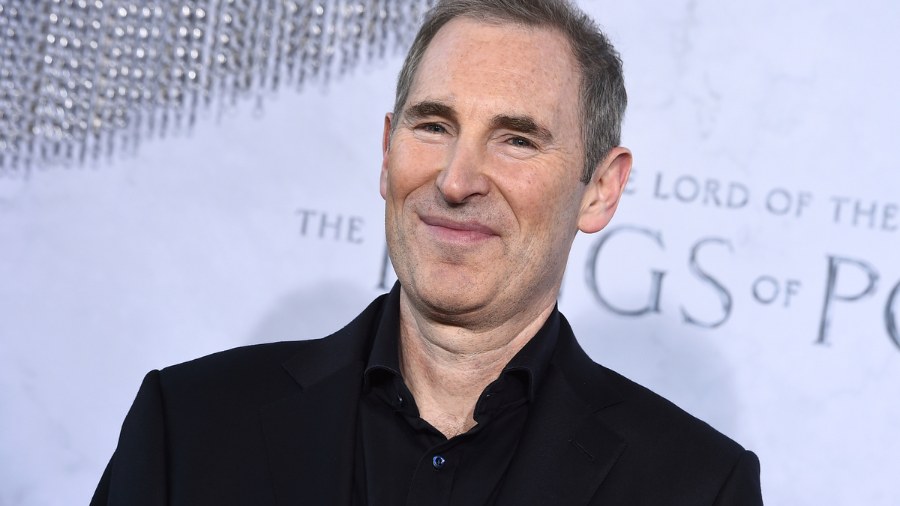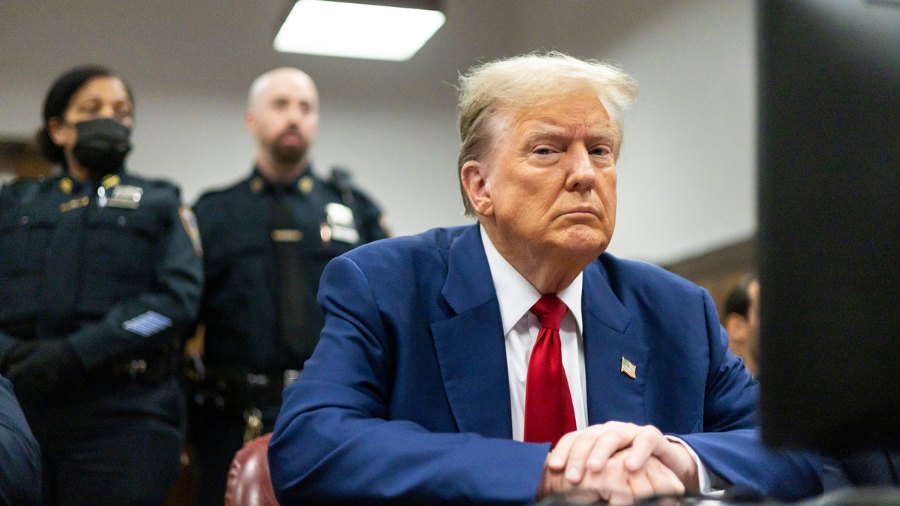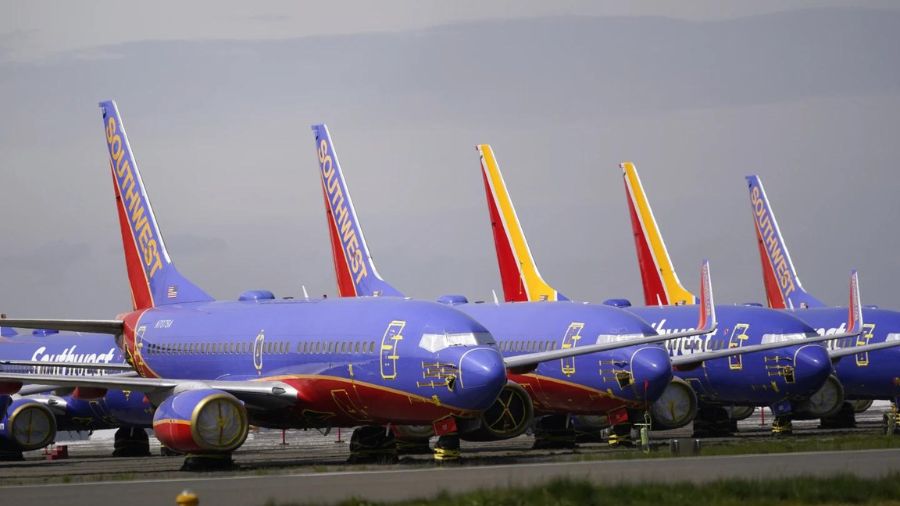China accuses US of trying to ‘hijack’ support in Asia
Jun 11, 2022, 7:36 AM | Updated: Jun 12, 2022, 6:07 am

Australian Deputy Prime Minister and Defense Minister, Richard Marles speaks during a press conference at the 19th International Institute for Strategic Studies (IISS) Shangri-la Dialogue, Asia's annual defense and security forum, in Singapore, Sunday, June 12, 2022. (AP Photo/Danial Hakim)
(AP Photo/Danial Hakim)
SINGAPORE (AP) — China’s defense minister accused the United States on Sunday of trying to “hijack” the support of countries in the Asia-Pacific region to turn them against Beijing, saying Washington is seeking to advance its own interests “under the guise of multilateralism.”
Defense Minister Gen. Wei Fenghe lashed out at U.S. Secretary of Defense Lloyd Austin, rejecting his “smearing accusation” the day before at the Shangri-La Dialogue that China was causing instability with its claim to the self-governing island of Taiwan and its increased military activity in the area.
Austin had stressed the need for multilateral partnerships with nations in the Indo-Pacific, which Wei suggested was an attempt to back China into a corner.
“No country should impose its will on others or bully others under the guise of multilateralism,” he said. ” The strategy is an attempt to build an exclusive small group in the name of a free and open Indo-Pacific to hijack countries in our region and target one specific country — it is a strategy to create conflict and confrontation to contain and encircle others.”
China has been rapidly modernizing its military and seeking to expand its influence and ambitions in the region, recently signing a security agreement with the Solomon Islands that many fear could lead to a Chinese naval base in the Pacific, and breaking ground this past week on a naval port expansion project in Cambodia that could give Beijing a foothold in the Gulf of Thailand.
Last year U.S. officials accused China of testing a hypersonic missile, a weapon harder for missile defense systems to counter, but China insisted it had been a “routine test of a spacecraft.”
Answering a question about the test on Sunday, Wei came the closest so far to acknowledging it was, indeed, a hypersonic missile, saying, “As for hypersonic weapons, many countries are developing weapons and I think there’s no surprise that China is doing so.”
“China will develop its military,” he added. “I think it’s natural.”
U.S. Secretary of State Antony Blinken last month said China represented the “most serious long-term challenge to the international order” for the United States, with its claims to Taiwan and efforts to dominate the strategic South China Sea.
The U.S. and its allies have responded with so-called freedom of navigation patrols in the South China Sea and Taiwan Strait, sometimes encountering a pushback from China’s military.
Wei accused the U.S. of “meddling in the affairs of our region” with the patrols, and “flexing the muscles by sending warships and warplanes on a rampage in the South China Sea.”
China has squared off with the Philippines and Vietnam, among others, over maritime claims and Wei said it was up to the countries in the region to find their own solutions.
“China calls for turning the South China Sea into a sea of peace, friendship and cooperation,” he said. “This is the shared wish and responsibility of countries in the region.”
Taiwan and China split during a civil war in 1949, but China claims the island as its own territory, and has not ruled out the use of military force to take it, while maintaining it is a domestic political issue.
Washington follows a “one-China” policy, which recognizes Beijing but allows informal relations and defense ties with Taipei. It provides arms to Taiwan and follows a “strategic ambiguity” approach about how far it would be willing to go to defend Taiwan in the face of a Chinese invasion. At the same time, it does not support Taiwanese independence.
President Joe Biden raised eyebrows and China’s pique last month saying that the U.S. would intervene militarily if Taiwan were attacked, though the White House later said the comments did not reflect a policy shift.
Austin on Saturday accused China of threatening to change the status quo on Taiwan with a “steady increase in provocative and destabilizing military activity” near the island.
Wei fired back Sunday that the U.S. was not adhering to its “one-China” policy, saying “it keeps playing the Taiwan card against China.”
He said China’s “greatest wish” was “peaceful reunification” with Taiwan, but also made clear Beijing was willing to do whatever it took to realize its goals.
“China will definitely realize its reunification,” he said. “China’s reunification is a great cause of the Chinese nation, and it is a historical trend that no one and no force can stop.”
He added that China would “resolutely crush any attempt to pursue Taiwan independence.”
“We will not hesitate to fight, we will fight at all costs and we will fight to the very end,” he said. “This is the only choice for China.”
Wei and Austin met one-on-one on Saturday, and Taiwan featured prominently in their discussions, according to the U.S.
On Sunday, Wei met with Australian Defense Minister Richard Marles, which the Australian Broadcasting Corp. reported was the first high-level meeting between the two countries in more than two years.
Marles said it had been three years since Chinese and Australian defense ministers had met, and called the meeting a “critical first step.”
“As Sec. Austin observed after his own meeting with Defense Minister Wei, it is really important in these times to have open lines of dialogue,” he told reporters.
“Australia and China’s relationship is complex and it’s precisely because of this complexity that it is really important that we are engaging in dialogue right now.”
_____
Rising reported from Bangkok. Zen Soo in Hong Kong and Caroline Chen in Beijing contributed to this report.
Copyright © The Associated Press. All rights reserved. This material may not be published, broadcast, rewritten or redistributed.



























